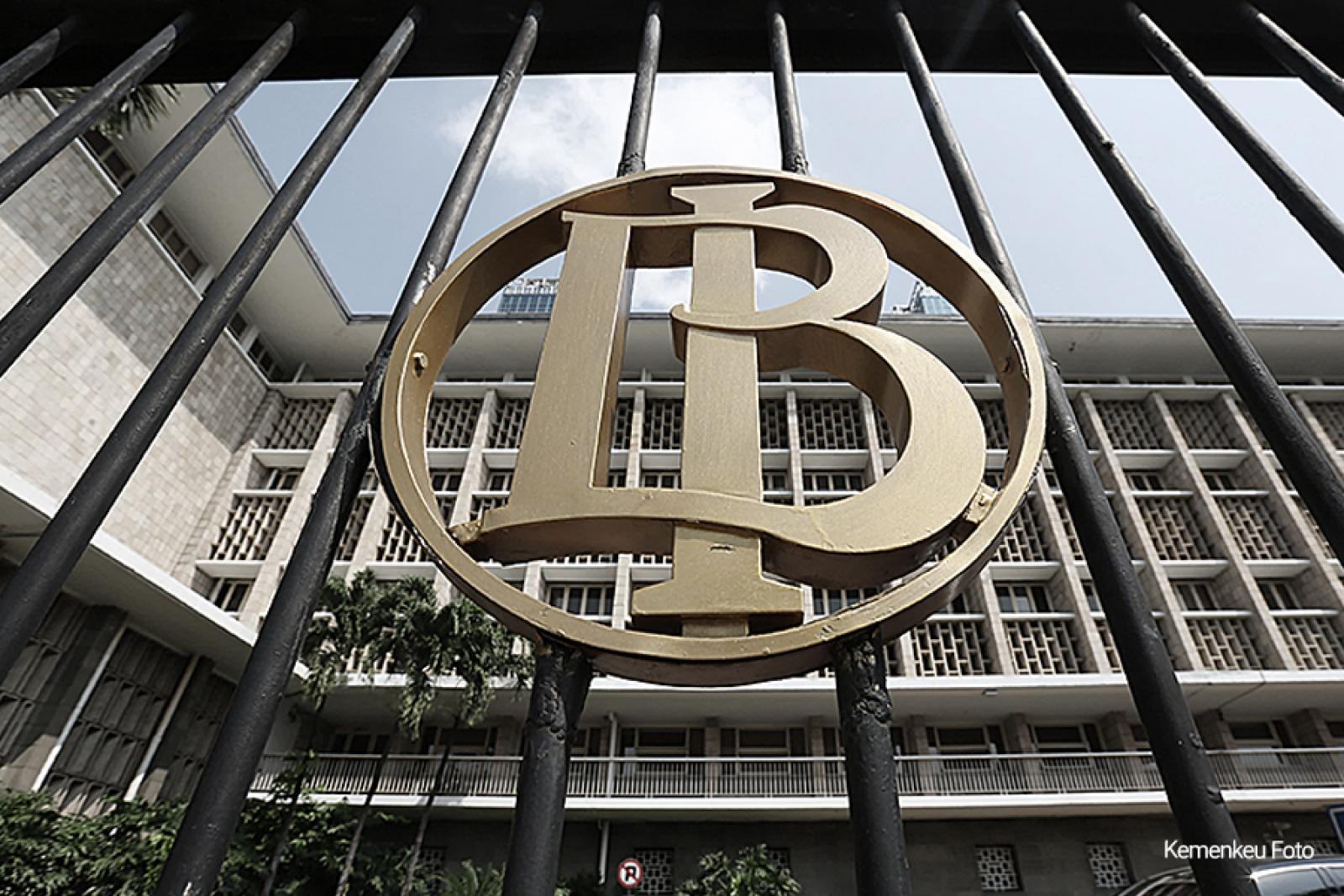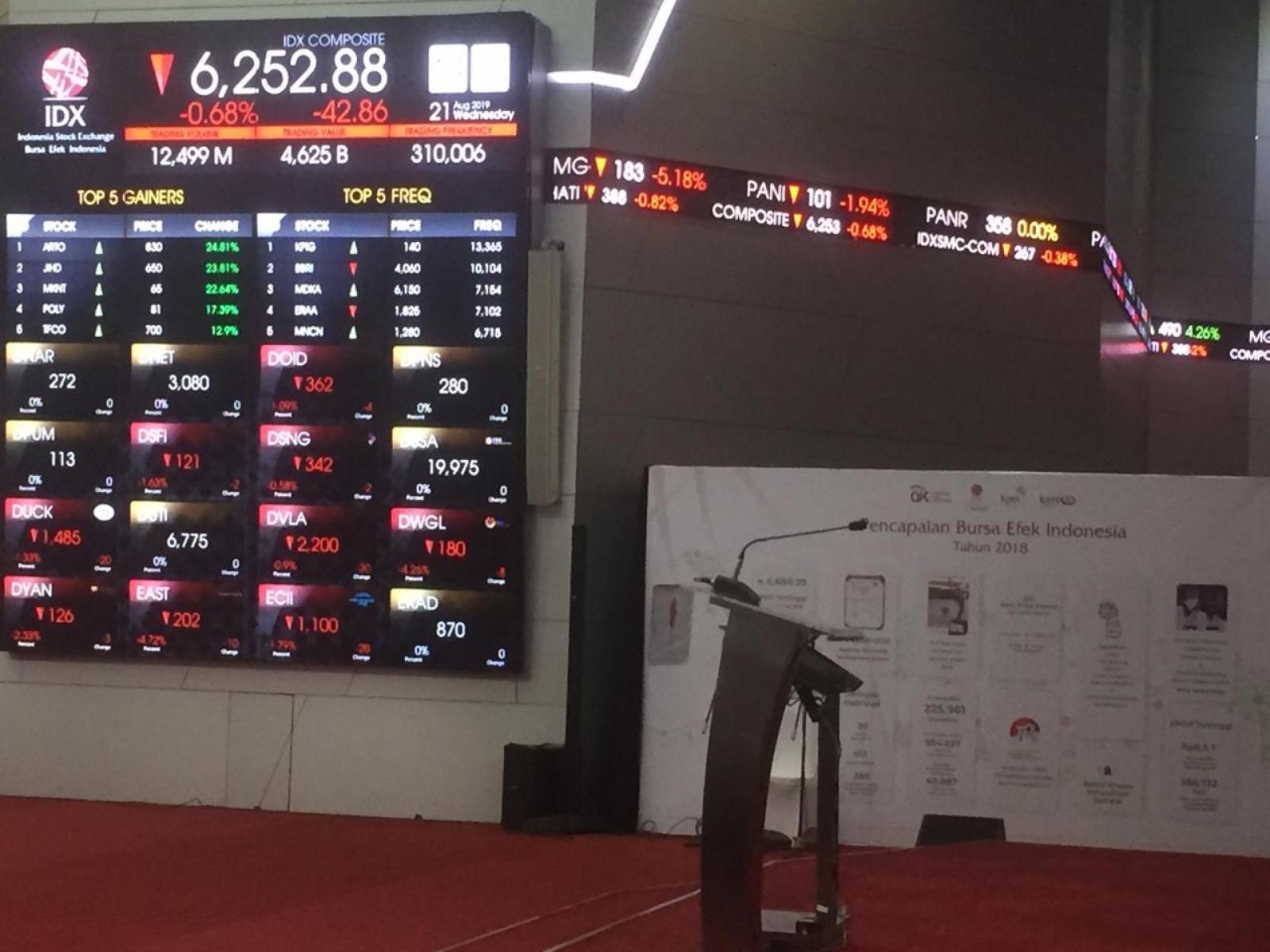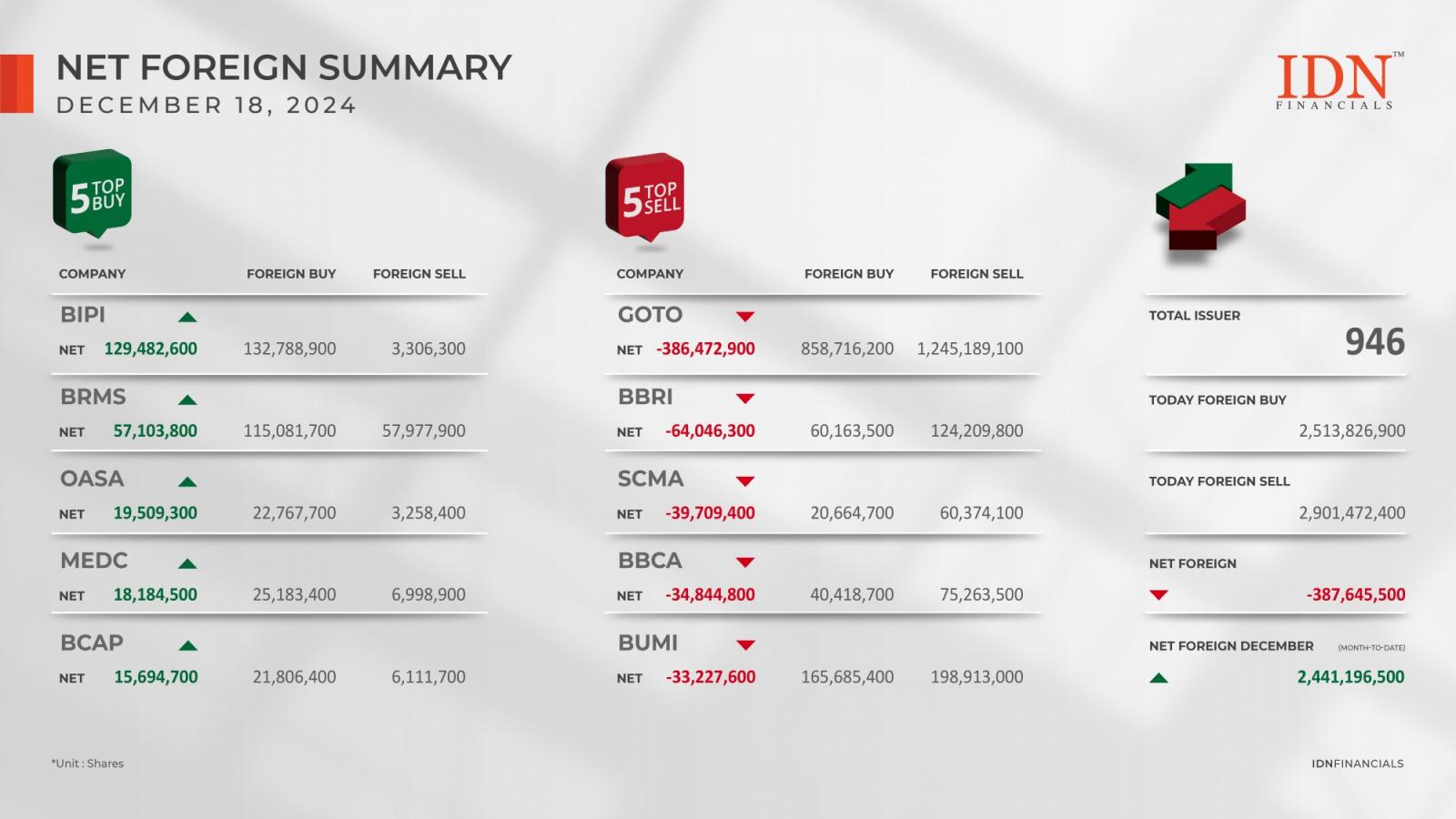By Simon Jessop
LONDON (Reuters) - National policies to halt nature loss and deforestation across the world\'s biggest economies have doubled to 22 over the last year and posed a serious risk to unprepared investors, a report on Thursday showed.
The report by the Inevitable Policy Response, a forecasting group set up by the U.N.-backed Principles for Responsible Investment, said individual firms in the food supply chain, for example, could lose as much as 26% of their value by 2030 with the sector average 7%, an equivalent of $150 billion.
The policies include a Chinese plan to tackle emissions from livestock and rehabilitate 30% of degraded land by 2030 in a new biodiversity plan; Brazil, meanwhile, plans to revive up to 40 million hectares (99 million acres) of land.
This in turn will see increased legal, compliance and reputation risks for those companies which have not eliminated deforestation from their supply chains, with customers in regions like Europe pushed to refuse to buy from companies which do not have forest-friendly processes in place.
While investors could look to buy into food companies with a better performance on deforestation, they would also have more chances to invest directly in \"nature-based solutions\", which can include activities such as afforestation.
The total land area given over to such activities is set to grow tenfold between 2021 and 2035, and would equal nearly 10% of the world\'s current agricultural land, the report said.
The United Nations Environment Programme has estimated that $4.1 trillion is needed by 2050 to reach 1.5 degrees Celsius.
The report showed \"measuring and managing risks and opportunities stemming from deforestation, nature loss and land use an important part of our responsibility to our clients,\" said Andy Howard, Global Head of Sustainable Investment at asset manager Schroders (LON:SDR).





